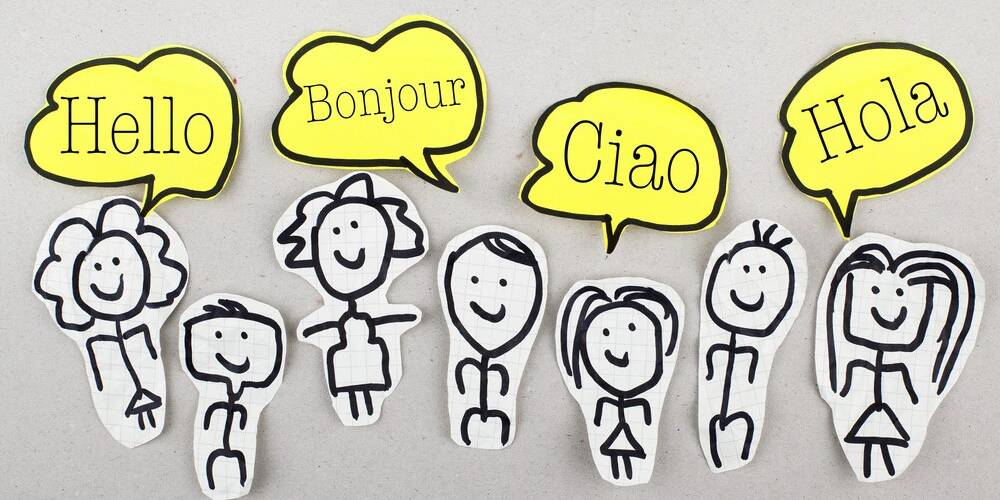Social media is everywhere these days. No matter how hard we try to keep our children away from it, the truth is that social media has woven its way into every facet of our lives.
Even if we prevent our children from getting social media accounts, they often can’t escape social media’s influence. They see us scrolling social media on our phones. They see their friends taking and posting selfies. They live in a world that’s heavily influenced by social media trends.
So, it’s important that we know how to protect our children from the negative aspects of social media — especially when it comes to self-image.
Here, we’ll talk you through the dangers of social media to children’s self-image, and offer some advice on how to protect them.
How can social media harm a child’s self-image?
Studies consistently show that social media can be very dangerous to children’s self-image.
The main dangers of social media to children’s self-image fall under four main categories:
- Comparison. Children may compare themselves negatively to the idealised lifestyles, bodies, families and so on that they see on social media.
- Cyberbullying. ‘Trolling,’ and bullying social media activity directed at a child can have a relentlessly negative impact on their self-image and self-esteem. Cyberbullying is in many ways worse than offline bullying, as there is no escape from it. It follows the child around through their phone.
- Disconnect. Children who use filters and post heavily edited versions of their lives online may be acutely aware that their reality does not live up to their online image.
- Addiction. Children can become addicted to social media and the tech which surrounds it. This has a negative impact on every aspect of their lives, especially their self-esteem. If you are concerned that your child may be suffering from a social media addiction, this guide to tech addiction from White River Manor may help.
All of these things can (and do!) affect adults too. However, they are arguably more dangerous for children since their brains and self-image are still in development. Exposure to social media at a young age can shape their self-image for life. And, sadly, it often shapes it in profoundly negative ways.
So, it’s important to safeguard our children against the dangers of social media to their self-image. But how?
How to safeguard children from the dangers of social media to their self-image
1. Discuss the whole duck
Have you heard of ‘duck syndrome’?
‘Duck syndrome’ is a term coined by researchers from Stanford University. It refers to the way a duck, when viewed from the shore, seems to be gliding effortlessly along the surface of the water.
However, the reality is that the glide is far from effortless. Beneath the surface, the duck’s feet are frantically paddling to stay afloat and move the duck forward.
Children, with their still-developing brains, see their social media feeds like a duck viewed from the shore. They see the ‘glide’ — the perfectly curated, beautiful, happy online lives of their peers and influencers — without registering the struggle beneath the surface.
Worse, they will often present themselves like the gliding duck, curating a perfectly happy image of themselves online when in fact they are desperately struggling with their self-image and mental health.
It’s important to ‘show the whole duck’ (i.e., explain that what you see on social media is far from the whole picture) with children. Remind them that they should not aspire to look like, be like, or have a lifestyle like those they see on social media since what they see on their flat screens is not the whole truth.
If children start presenting themselves as the ‘gliding duck,’ this is perfectly normal. They are engaging with social media culture in the same way that many (if not most!) people do. However, it is worth keeping an eye on this. If a child presents their life as artificially perfect, it can reveal insecurities about their real life that they don’t want the world to see.
2. Teach them about boundaries
Setting healthy boundaries is a good skill to establish young. Understanding, setting, and holding positive boundaries is a skill which will benefit your child in many areas of their lives.
It’s particularly helpful with social media. As well as making rules and boundaries for their social media usage, teach your child to set their own social media boundaries. Most importantly, teach them to recognise when those boundaries are being breached.
For example, your child might set a boundary that when they start to feel themselves becoming stressed, anxious or overwhelmed, they will log off and do something else until they feel better. Or they might set a boundary that they will block and ignore people who are having a negative effect on their well-being.
It is important that your child understands that boundaries can change throughout their life. What they can cope with and what affects their life will naturally alter as they grow. However, getting into the habit of setting and sticking to boundaries young will help them to protect themselves from the worst of social media throughout their lives.
3. Set a good example
Children — even older teens — are sponges. They absorb lessons from the adults around them, especially those closest to them. This applies to social media as much as anything else.
Think about the ways you interact with and/or talk about social media in their presence. Do you spend hours frowning at your phone? Do they see you taking selfies and, if so, do they see you struggling to get the perfect angle, lighting, makeup etc? Do you discuss social media arguments with your family, or negatively compare your life to those you see on social media?
It’s hard not to get sucked into social media around your child — but do try to model healthy social media behaviour. Think about how social media is making you feel and act, and ask yourself if you want your child to feel and act this way. If the answer is ‘no,’ it’s time to adjust your behaviour and model something more positive.
Social media is dangerous for children — but you can safeguard them
Social media is a dangerous place for anyone, in a multitude of ways. But people with the right resilience, skillset and knowledge can protect themselves. This is as true for children as it is for adults.
By helping children to understand the reality of social media, teaching them to set boundaries for themselves and others on social media, and modelling good social media behaviour, you can set your children up for a healthy life online.
At the same time, be sure to watch out for any signs that they are being negatively affected by social media. Becoming withdrawn and/or preoccupied with their online lives could indicate that it’s time to have another talk about social media and mental health.




